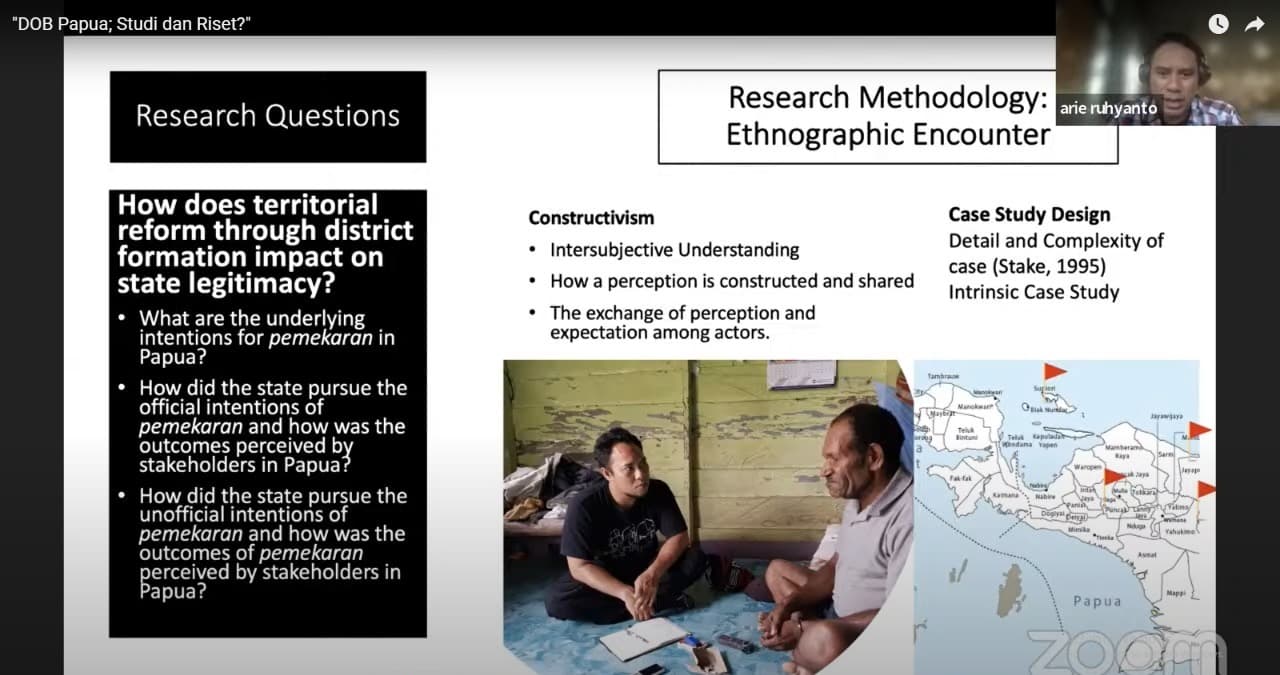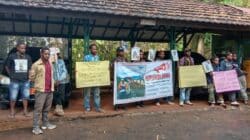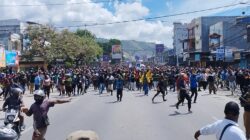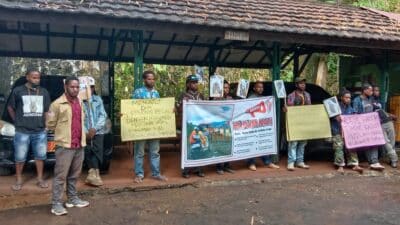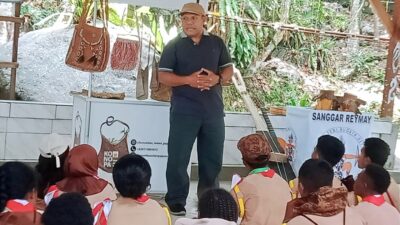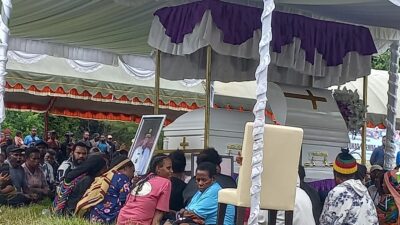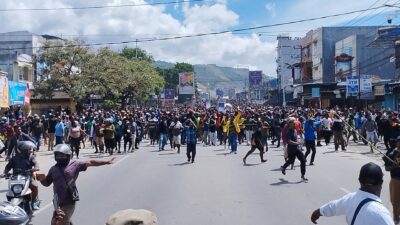Jayapura, Jubi – A Politics and Governance lecturer at the Faculty of Social and Political Sciences, Gadjah Mada University (UGM), Arie Ruhyanto said that the Papua expansion has two targets, namely institutional and relational goals. Both of which have positive and negative impacts on the Papuan people.
Through his research, Arie explained that institutionally, the expansion will increase the distribution of development and improve public services. According to him, this will have a positive impact on reducing isolation, improving public services, and developing remote areas.
“It must be admitted that nowadays there are more and more flights in Papua, such as to mountainous areas. Ticket prices are getting cheaper from Timika to Asmat, now you can use large planes, which used to cost Rp 1.5 million, and now only Rp 750,000. The development is there,” he said in the webinar held by the German Papuan Student Association on Saturday, June 26, 2022.
However, Arie stated that the field findings show there were also some downsides from the expansion that has taken place, such as development concentrated only in district capitals and funds not used properly. These things eventually led to development gaps, wherein the quality of public services in remote areas was declining, if not being implemented at all.
“The development is only concentrated in the district capital. The districts outside the capital still see the same situation as before the expansion. Only the capital is advanced. For example, the Ilaga community still relies on clean water sources from rainwater, electricity is still not available for 24 hours. In fact, Ilaga is a district capital for the past fifteen years,” he said.
Meanwhile, regarding the relational goal, Arie said one of the purposes of the expansion was to accommodate demographic politics. According to him, this has a positive impact on Indigenous Papuans because it provides an opportunity for them to have a seat in the government and manage their own regional development funds.
“There have been more state apparatus who are Indigenous Papuans, more Papuan regents. Now almost all regents in Papua are natives, even though the Special Autonomy Law only states the Governor and the Deputy Governor to be Indigenous Papuans,” he said.
However, over time, according to Arie, this relational goal has caused many officials to commit corruption and nepotism, and increased the gap between immigrants and indigenous people, which ends up threatening the population and culture of Indigenous Papuans. (*)


